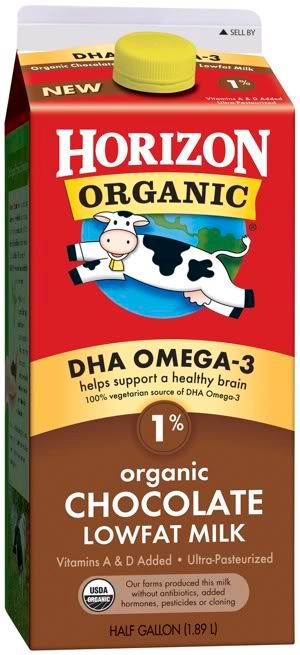Pineapple and Papaya
Good for: Muscle recovery?
Both of these tropical fruits are loaded with bromelain and papain, enzymes that not only help break down proteins for digestion but also have anti-inflammatory properties to speed up your post-workout recovery.
Salmon
Good for: Cardiovascular fitness
Australian researchers found that cyclists who took fish oil for 8 weeks had lower heart rates and consumed less oxygen during intense bicycling than a control group did. The fatty acids in fish oil need to become incorporated into muscle and heart cells to have an effect, and that takes weeks of consumption-so either take fish oil pills each day, or try to eat fish rich in fatty acids multiple times a week to see similar results.
PB&J or Pasta With Meat Sauce
 Good for: Muscle building and repair?
Good for: Muscle building and repair?
The perfect post-weight training repast has about 400 calories, with 20 to 30 grams of protein (to build new muscle) and 50 to 65 grams of carbohydrates (to repair old muscle). Peanut butter and jelly sandwiches or a small bowl of pasta with meat sauce fits that formula. With peanut butter and jelly try to use the NATURAL peanut butter (the one with the oil separation). As for the bread go for the whole grain or whole wheat kind.
8 Ounces of Chocolate Milk
Good for: Hydration
The best sports drink may come from a cow. British researchers found that milk does a better job than water or sports drinks at rehydrating the body after exercise. Why? To begin with, milk has more electrolytes and potassium. The addition of chocolate gives milk the perfect balance of carbs, protein, and fat for speedy muscle recovery.
Green Tea
 Good for: Muscle recovery
Good for: Muscle recovery
Brazilian scientists found that participants who consumed three cups of green tea every day for a week had fewer markers of the cell damage caused by resistance to exercise. So drinking a few cups every day may help your muscles recover faster after an intense workout. Mix with some honey and lemon and put on ice and you have a great summer time beverage as well.
Cold Water
Good for: Endurance
Drinking cold water before and during exercise can help improve your endurance. In a British study, cyclists who drank about 30 ounces of a chilled drink in the half hour before riding in a hot, humid environment-and smaller amounts as they rode-were able to bike 23 percent longer than riders who downed lukewarm liquids. Drinking cold water may be the most direct way to reduce core body temperature, so it takes you longer to heat up and slow down.
 Nutrition is important ALL THE TIME to keep the tank full for athletic training and performance. Athletes need to EAT TO TRAIN, not train so they can eat. In general, the athlete’s diet should be composed of 60% carbohydrates, 15% protein, and 25% fat. Carbohydrates are necessary as the dominant fuel in moderate and high intensity activities. Carbohydrates provide the energy to keep your engine running through those long practices and intense races! Protein is not an energy source, but it is important because it builds and repairs muscles, produces hormones, supports the immune system, and replaces red blood cells. Fat plays a critical role in the overall functioning of the body; it aids in digestion and energy metabolism, helps maintain body temperature, and plays a part in regulating hormone production.
Nutrition is important ALL THE TIME to keep the tank full for athletic training and performance. Athletes need to EAT TO TRAIN, not train so they can eat. In general, the athlete’s diet should be composed of 60% carbohydrates, 15% protein, and 25% fat. Carbohydrates are necessary as the dominant fuel in moderate and high intensity activities. Carbohydrates provide the energy to keep your engine running through those long practices and intense races! Protein is not an energy source, but it is important because it builds and repairs muscles, produces hormones, supports the immune system, and replaces red blood cells. Fat plays a critical role in the overall functioning of the body; it aids in digestion and energy metabolism, helps maintain body temperature, and plays a part in regulating hormone production.